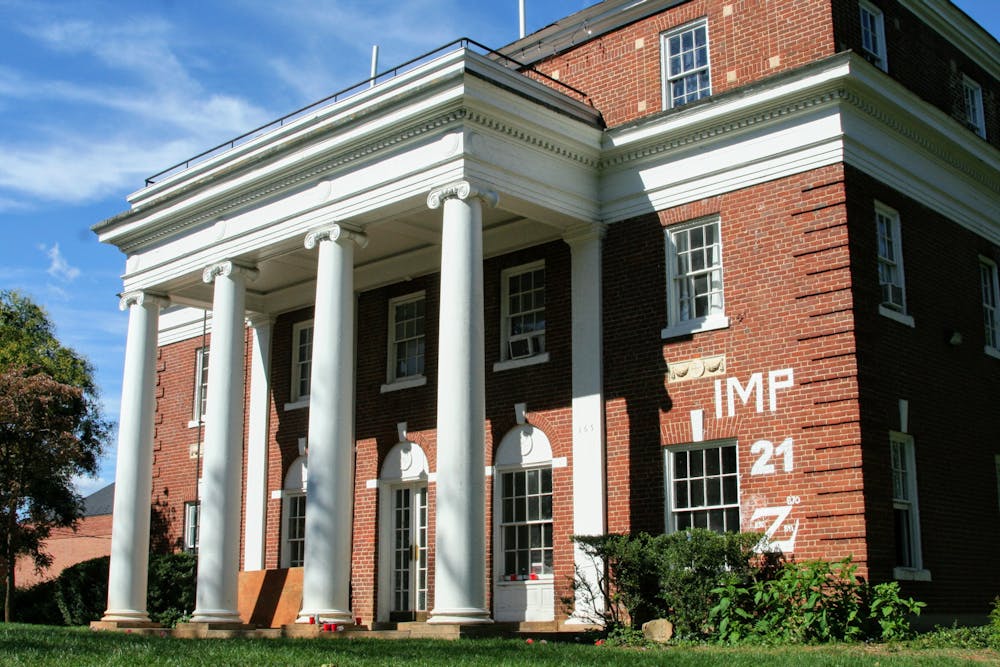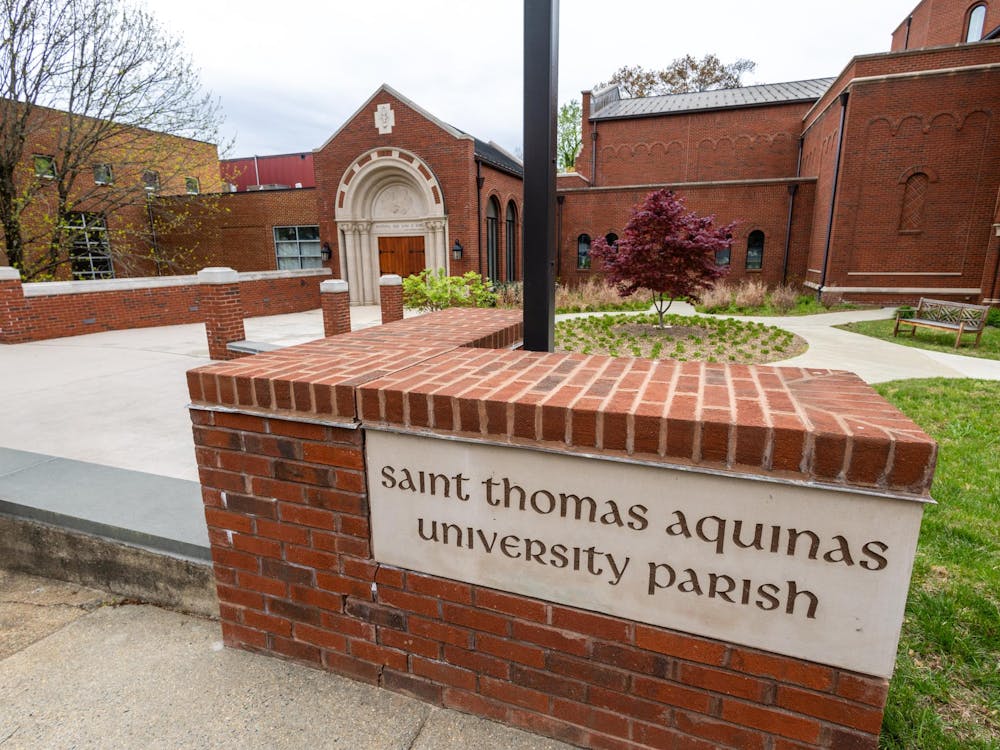When a pyrotechnic machine ignited packing peanuts during a March party at the Kappa Sigma fraternity, the dance floor was set ablaze — quite literally. The University Judiciary Committee and Inter-Fraternity Council have issued sanctions against the fraternity, striving to improve safety regulations for all fraternities at future events. Criminal charges are currently being considered against at least one individual.
At the party, large amounts of foam packing peanuts were used to fill the room, mimicking snow, before a fire was started by a “Cold Spark Machine” brought by the band — an apparatus offering a cooler alternative to pyrotechnics. Despite its name, the machine still produces significant heat. According to the Albemarle Fire Department in an interview with The Daily Progress, the highly flammable packing peanuts were placed too close to the machine, creating a significant fire risk.
While the legal proceedings continue, UJC has already investigated Kappa Sigma for violating Standard 2 of the University’s standards of conduct, which forbids conduct that “recklessly and/or intentionally threatens safety or health.” Kappa Sigma pleaded “not guilty” to the charges, though they were found guilty by the UJC after deliberation.
According to the UJC’s Spring 2023 statistics report, sanctions issued to Kappa Sigma included suspension effective through the Fall 2023 semester. Kappa Sigma must also appoint a risk manager who will submit a risk assessment and management plan prior to future large functions. The fraternity members will also be required to meet multiple times with local fire officials on a semesterly basis.
Lisa Kopelnik, UJC chair and third-year College student, said that this was Kappa Sigma’s third Standard 2 violation in the past three years, including a violation of COVID-19 policies. She noted the importance of maintaining a positive relationship with the fire department, and added that all organizations with houses, not just fraternities and sororities, should be abiding by the appropriate fire regulations.
“The UJC philosophy is to promote restorative solutions and also ones that institute preventative measures,” Kopelnik said. “That’s what you see in the Kappa Sigma case — there’s measures to restore relationships with the fire department and also to institute and implement risk mitigation strategies, ensuring that something like this doesn't happen in the future.”
Joseph Kratz, Inter-Fraternity Council president and fourth-year College student, said the IFC took immediate action in the aftermath of the fire, including holding several meetings to go over risk management strategies and protocols both with Kappa Sigma and other fraternity presidents and IFC representatives.
The IFC filed their own charges with the IFC Judiciary Committee — the committee tasked with investigating violations of the IFC Standards of Conduct — and dealt their own round of sanctions to Kappa Sigma. IFCJC sanctions included a “materially significant” fine, reforms to bylaws to improve risk management responsibilities including the creation of new roles and a detailed risk management plan and compliance with all UJC sanctions.
“I felt like Kappa Sigma took adequate responsibility for their actions,” Kratz said. “I've had ongoing conversations with their new president about how they can rebuild risk management into their existing bylaws.”
Kappa Sigma did not respond to requests for a statement.
While no one was hurt and the fire was quickly suppressed by the house’s sprinkler system, a recent Daily Progress article provided an update that one unnamed individual who operated the spark machines could be facing a criminal Class 1 misdemeanor charge — punishable by up to a year in prison. Though not a felony, a Class 1 misdemeanor remains in the police database and could mean even minor infractions might land the individual in jail.







